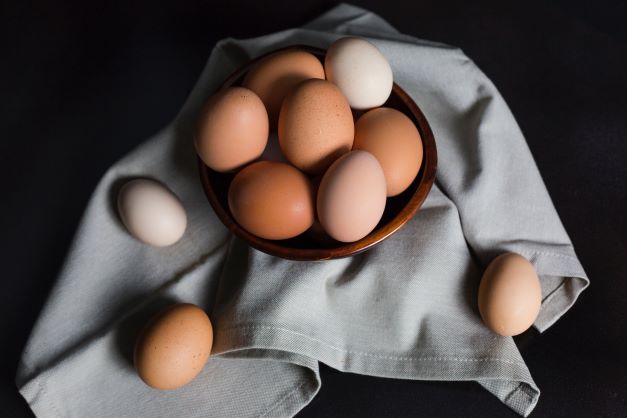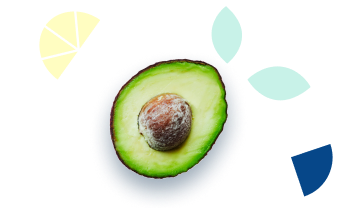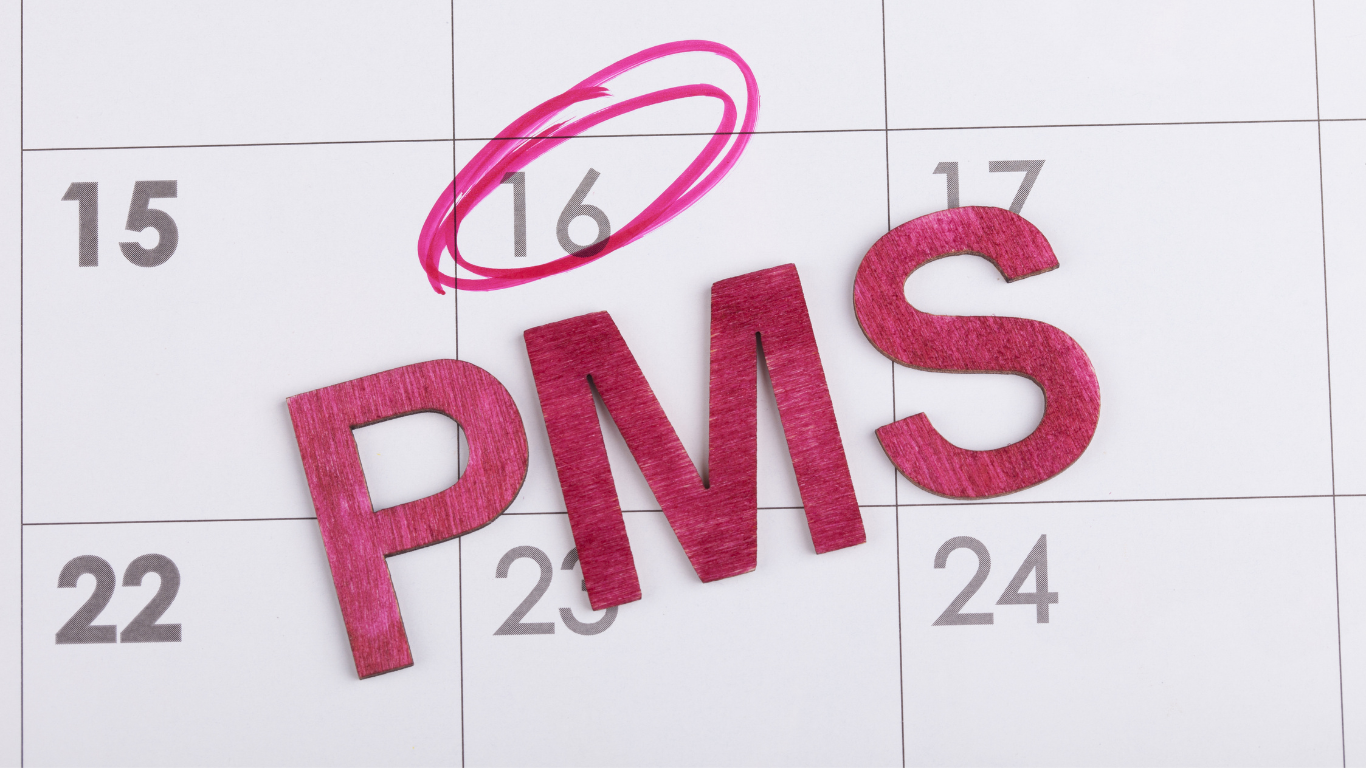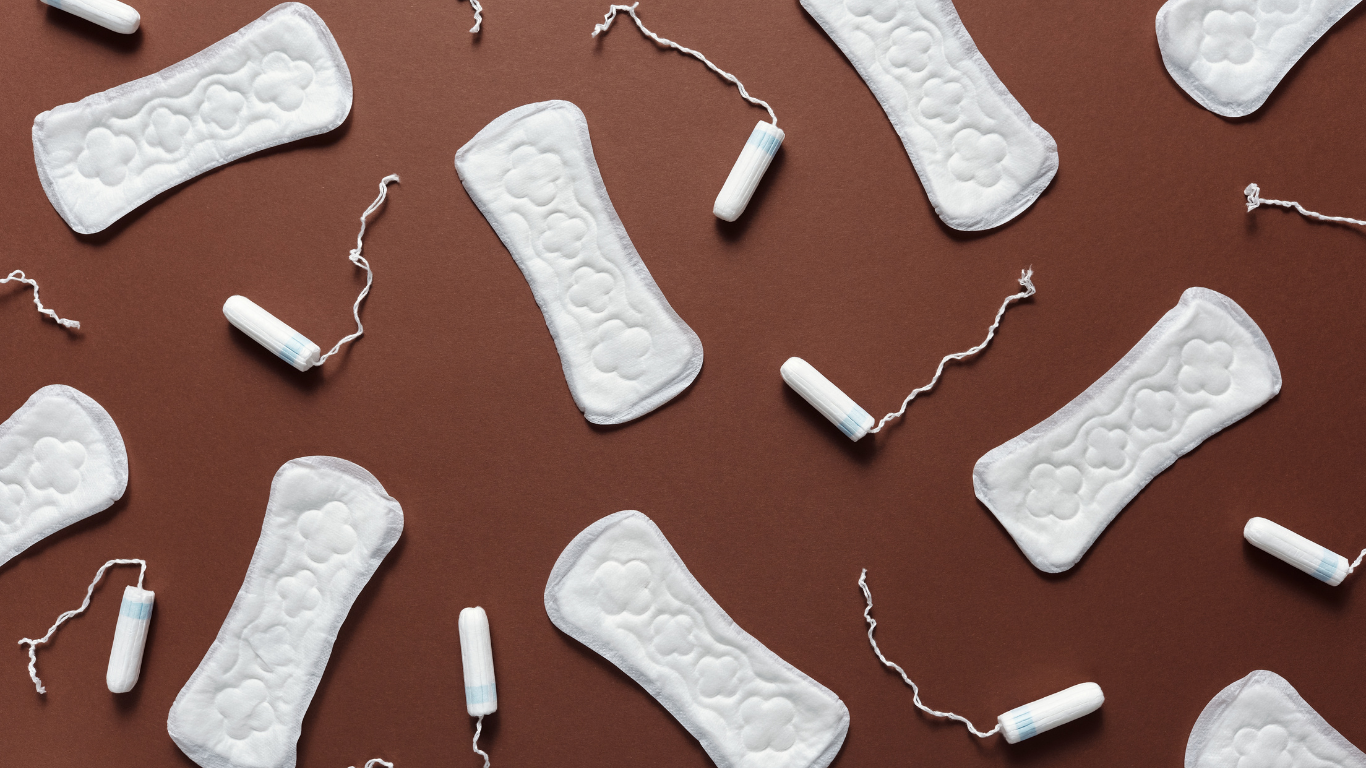
Egg quality plays a critical role in fertility, whether you are trying to conceive naturally or undergoing IVF. Understanding how to improve egg quality and making strategic dietary and lifestyle changes can optimise fertility and increase the chances of conception.
This blog will walk you through evidence-based ways to improve egg quality: from following a diet to improve egg quality and identifying food to improve egg quality, to how to improve egg quality in IVF and how to improve egg quality for IVF naturally.
Why is Egg Quality Important?
To create a healthy embryo, we need two key factors: a high-quality egg and healthy sperm. While we can’t increase the number of eggs we have, we can improve their quality through diet, lifestyle, and supplementation.
Higher-quality eggs are more likely to:
- being fertilised by a sperm
- developing into a high quality embryo
- implanting in the uterus, and resulting in a successful pregnancy.
Improving egg quality is a vital step for anyone looking to conceive, especially for those over 35 or undergoing fertility treatment.
How to Improve Egg Quality for IVF Naturally
If you’re preparing for IVF (in vitro fertilisation) and wondering how to improve egg quality for IVF, you’re not alone. Many people are told that egg quality can’t be changed, but evidence shows otherwise.
Here’s how to improve egg quality in IVF cycles:
- Follow a fertility diet to improve egg quality: Focus on antioxidant-rich foods like berries, leafy greens, legumes, oily fish, olive oil, and wholegrains. A Mediterranean-style diet is ideal.
- Consider supplements to improve egg quality and quantity: Prenatal supplements and CoEnzyme Q10 can help with this
- Prioritise folate-rich foods and supplementation: Folate is especially important during the egg’s growth phase, as it helps support healthy DNA and proper egg development. Getting enough folate can also lower the risk of issues with the chromosomes in the egg, which is key for a healthy embryo.
Egg maturation takes around 90 days, so making changes now can positively influence your next IVF cycle. Even if you’re not doing IVF, these strategies also apply to natural conception.
For a structured diet to improve egg quality, check out our How to Improve Egg Quality and Ovarian Reserve Meal Plan & Guide.
Top 4 Foods to Improve Egg Quality
If you’re trying to conceive, focusing on nutrient-dense, fertility-friendly foods may help support your egg quality, especially when paired with a balanced diet and lifestyle. Here are four foods with strong scientific backing for their role in reproductive health:
- Broccoli is a rich source of folate which is important antioxidant for egg maturation and embryo implantation (1)
- Salmon is a plentiful source of omega 3 fatty acids. These are can improve egg quality and can delay ovarian ageing in women over the age of 35 (2)
- Brazil nuts are an excellent sources of Selenium which can promote a healthy environment for egg production (3)
- Milk is full of zinc which is important for egg production and maturation (3)
How to improve egg quality and ovarian reserve Meal Plan & Guide
This guide & 2 week meal plan takes you through everything you need to know about diet, lifestyle and supplements to promote egg quality and quantity, whether for natural conception or IVF.

Supplements to Improve Egg Quality and Quantity
Taking a prenatal multivitamin supplement containing 400mcg of folic acid or methylated folate can support egg health alongside dietary sources. If you opt for a supplement containing methylated folate (such as L-5-MTHF), make sure it still provides at least 400 mcg, in line with UK recommendations.
For more support choosing the right products, check out our blog on the best fertility supplements recommended by Fertility Dietitian UK.
For more detailed guidance on supplement choices and how to optimise your preconception nutrition, explore our How to Improve Egg Quality and Ovarian Reserve Meal Plan & Guide or book an appointment with our Specialist Fertility Nutritionist or Dietitian to give you personalised advice.
How to Improve Egg Quality Naturally: Lifestyle Factors
In addition to diet and supplements, certain lifestyle changes can positively impact egg health.
- Exercise – Moderate exercise supports ovarian health and overall wellbeing.
- Reduce Stress – Chronic stress can disrupt hormonal balance, so practices like meditation and deep breathing may help.
- Avoid Smoking & Alcohol – Smoking may have a detrimental effect on ovarian reserve. Heavy drinking (>14 units/week) can reduce the number of eggs remaining and is linked to an earlier age of menopause onset. For women trying to conceive, the recommendation is to limit alcohol and smoking intake to zero.
FAQ
Can I Improve Egg Quality in 30 Days?
The egg maturation cycle takes about 90 days, but that doesn’t mean you can’t make an impact sooner. So, the answer is yes, to some extent. Starting now can positively affect hormone levels, reduce inflammation, and prepare your body for a healthy cycle.
Can I Improve Egg Quality After 40?
If you are wondering if you can improve egg quality after 40 naturally, you’re in the right place. The short answer is yes, although egg quality naturally declines with age, many women over 40 conceive with their own eggs. A diet to improve egg quality, targeted supplements, and lifestyle changes can all help preserve the quality of remaining eggs.
Remember: it only takes one good egg and one good sperm.
Does Exercise Improve Egg Quality?
Yes, incorporating some exercise or movement into your daily routine is a great way to improve egg quality naturally. Moderate exercise is associated with improved age-specific levels of ovarian reserve, such as AMH, particularly in women aged below 30.
Regular physical activity also supports insulin sensitivity, hormone regulation, and healthy weight management, all essential when exploring how to improve egg quality naturally.
Does Weight Affect Egg Quality?
Our weight can be a factor that influences our egg quality. BMI >30 can lower egg quality due to inflammation and oxidative stress which can affect the DNA of cells that help with fertility. This can lead to smaller eggs that are less likely to fertilise normally. Optimising weight through a diet to improve egg quality can support your overall goals.
The Bottom Line
Whether you are trying to conceive naturally or undergoing IVF, there are many ways to improve egg quality. From following a diet to improve egg quality to incorporating high-quality supplements, you can take proactive steps starting today.
For a structured approach, explore our How to Improve Egg Quality Guide and 2 Week Meal Plan which includes a 2-week meal plan, supplement recommendations, and lifestyle strategies.
For personalised nutrition support, book a 1-1 consultation with our Specialist Fertility Nutritionist.
Last reviewed: July 2025
This article was written by the Fertility Dietitian UK content team and reviewed by Ro Huntriss MSc RD, Consultant Dietitian and Founder of Fertility Dietitian UK.



